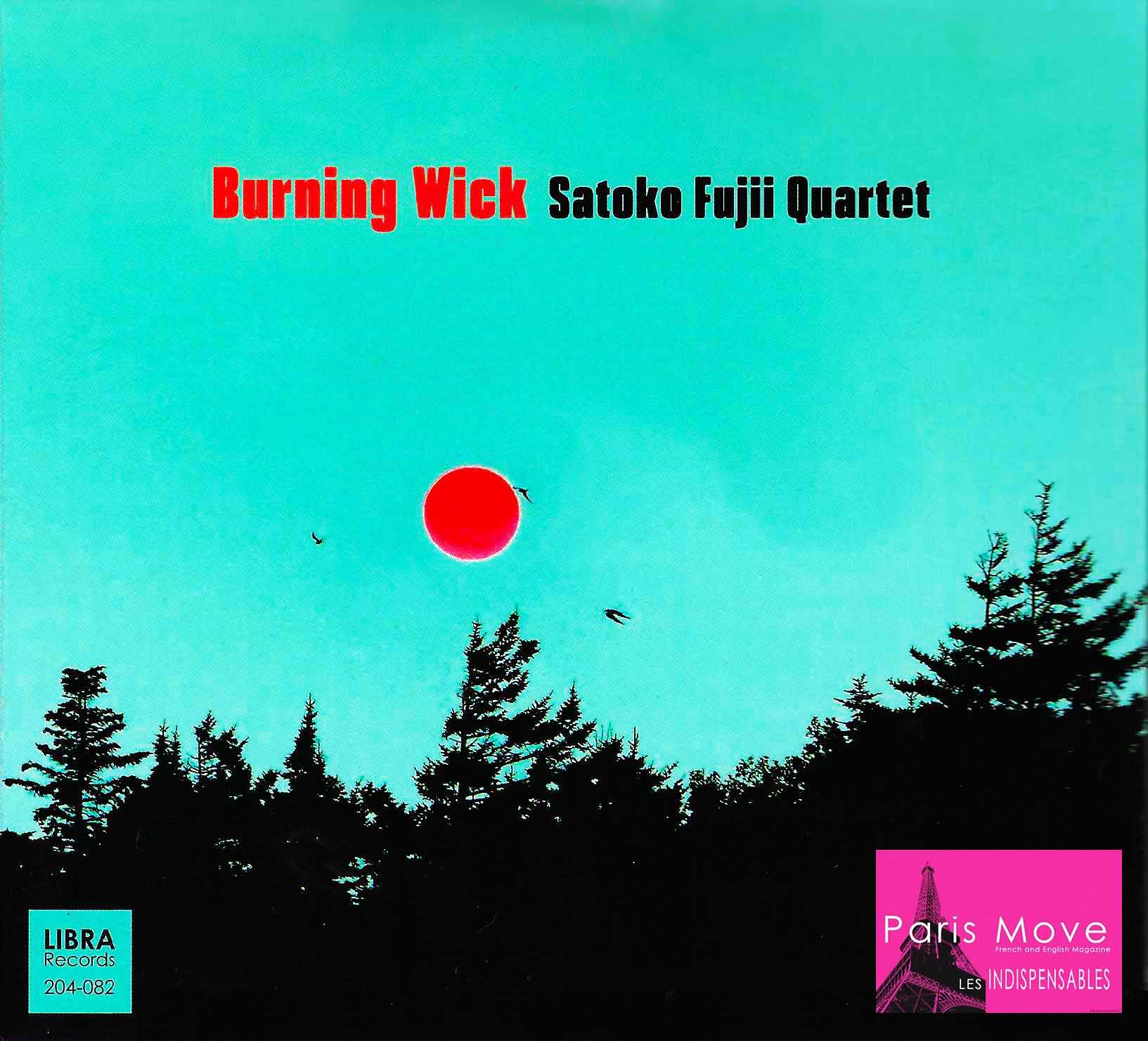| Jazz |

Satoko Fujii and the Unruly Beauty of Sound
In an age of algorithmic playlists and fleeting attention, Satoko Fujii continues to compose as though time itself could still be sculpted by sound. The Japanese pianist and composer has long stood apart from her contemporaries, not because she resists categorization, but because her work defies it so completely. Each year, she releases several albums under different configurations, each one distinct, each one part of a vast and ever-expanding architecture of sound. Few artists have been so relentlessly prolific while remaining so persistently fascinating.
Listening to Fujii is less an act of judgment than an experience of immersion. Her music doesn’t ask to be liked or disliked; it demands to be felt. Trained in classical composition yet rooted in the improvisatory freedom of jazz, she inhabits that rare space where form and freedom coexist in perfect tension. At times, her work feels closer to contemporary classical music than to anything found in a jazz club. One might even say she has extended the emotional and harmonic frontiers that composers like Olivier Messiaen once explored, but with an immediacy and rawness that belong entirely to the 21st century.
Fujii’s compositions often unfold like sound sculptures, structures of tone and texture that carve new emotional landscapes. Romanticism and modernity collide without restraint: soaring lyricism meets mechanical pulse, tenderness confronts noise. In that friction, Fujii reveals herself as an artist profoundly attuned to the contradictions of her time. Her music captures the human condition not through narrative, but through sensation, through the way a single dissonance can suggest both beauty and despair.
Part of Fujii’s singularity lies in her willingness to lead without dominating. Her performances, especially in long-form compositions, guide the listener through what might be called “sonic weather”: tempests of improvisation followed by passages of crystalline clarity. These moments of calm are often preceded by slow, exploratory openings, spaces so intricate that the listener can easily lose direction. Yet this disorientation is deliberate. It forces the audience to listen differently, to let go of expectation. It is in these stretches that the act of listening becomes a kind of meditation.
No discussion of Fujii’s work would be complete without acknowledging Natsuki Tamura, her husband and creative partner for decades. A trumpeter of almost telepathic intuition, Tamura is more than a collaborator, he is Fujii’s other half, her artistic mirror. His contributions are not adornments but integral to her compositional process. Together, they form a dialogue in motion, each note a question, each silence an answer.
Fujii’s music invites a particular kind of surrender. To hear without necessarily understanding, to receive rather than interpret, that may be the only viable approach. Her prolific pace is not a matter of habit but necessity: a compulsion to translate the chaos of existence into sound. In that sense, she functions almost as a journalist of the soul, chronicling the fractures and anxieties of a world in flux. Her works bear witness to the present, not as commentary but as vibration, as living, audible evidence of experience itself.
Her latest recording, Burning Wick, continues in this vein. It testifies to the deep trust she maintains with her ensemble, a group that evolves little from project to project yet continues to find new ways of speaking together. Such continuity is rare in today’s musical landscape. The only comparable model might be found in France, with composer Andy Emler, who likewise cultivates long-term musical relationships built on collective authorship. This kind of creative ecosystem demands extraordinary balance: the courage to be radical for the sake of the music, the humility to listen, and the discipline to remain open. Within Fujii’s bands, each musician’s input becomes a form of co-writing, a shared language of individuality within unity. That collective consciousness gives her work its universality, its ability to feel both intimate and vast.
For all her accomplishments, Satoko Fujii remains an artist whose recognition still trails her influence. She is not an easy musician to categorize or consume, but she is essential. Like a major playwright or poet, she compels her audience to engage, to think, to dream, to question. One does not leave her music unchanged. There are always new questions, fleeting revelations, and sometimes even answers, personal, elusive, and deeply human.
Perhaps Fujii’s current creative peak reflects the turbulence of the times. There is a sense, in her most recent compositions, of subconscious liberation, a willingness to let go of order in favor of truth. Out of that release comes something rare and enduring: the beauty of timeless art. For that, and for the restless courage that drives it, we can only thank this remarkable artist who continues to remind us that sound itself is a form of life.
Thierry De Clemensat
Member at Jazz Journalists Association
USA correspondent for Paris-Move and ABS magazine
Editor in chief – Bayou Blue Radio, Bayou Blue News
PARIS-MOVE, November 11th 2025
Follow PARIS-MOVE on X
::::::::::::::::::::::::
Satoko Fujii Quartet:
Natsuki Tamura — Trumpet
Satoko Fujii — Piano, Voice
Takeharu Hayakawa — Bass, Voice
Tatsuya Yoshida — Drums, Voice
Track Listing:
Solar Orbit
Rain In The Small Hours
Walking Though The Wee Small Hours
Neverending Summer
Mountain Gnome
Three Days Later
Burning Wick

